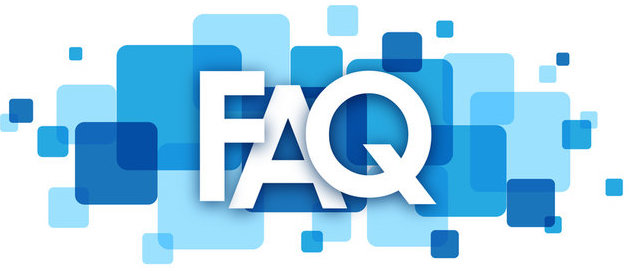
 What Is the Purpose of Bahá’í Education Software?
What Is the Purpose of Bahá’í Education Software?
Bahá’í education software aims to facilitate the study of Bahá'í teachings and texts, providing interactive and engaging tools that help individuals deepen their understanding of the Faith.
 How Did Tony's Bahá’í Software Impact Learning?
How Did Tony's Bahá’í Software Impact Learning?
Tony's software like 'Refer' and 'Mars' pioneered the integration of technology and Baha’i education, although accessibility issues due to cost limited its reach among students.
 What Are Economic Challenges in Bahá’í Software Development?
What Are Economic Challenges in Bahá’í Software Development?
Balancing the need for financial support of software development with the principle of universal access presents challenges, as costs can exclude those in need from valuable Baha’i learning tools.
 Can Bahá’í Education Software be Made More Accessible?
Can Bahá’í Education Software be Made More Accessible?
To enhance accessibility, models like open-source contributions, community funding, or sliding scale pricing could support the development while ensuring inclusive access to Bahá’í education software.
 What Features Should Bahá’í Education Software Include?
What Features Should Bahá’í Education Software Include?
Effective Bahá’í education software should offer features like searchable writings, study plans, and reflection tools tailored to individual and collective learning environments.
 How Can Collaboration Improve Bahá’í Education Software?
How Can Collaboration Improve Bahá’í Education Software?
Collaborative efforts through user feedback, expert input, and community testing can lead to software that better serves the diverse needs of the Bahá’í community.
 What Are the Long-Term Benefits of Bahá’í Educational Software?
What Are the Long-Term Benefits of Bahá’í Educational Software?
Long-term benefits include a global increase in scriptural literacy, elevated discourse, and the empowerment of individuals to apply Bahá’í principles in personal and community development.
 How Can Bahá’í Software Foster Community Building?
How Can Bahá’í Software Foster Community Building?
By providing platforms for collective study, consultation, and action, Bahá’í software can become a catalyst for strengthening community bonds and advancing the Faith's mission.





